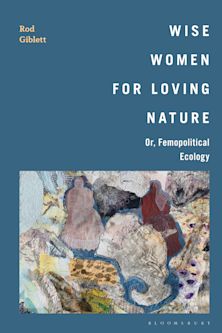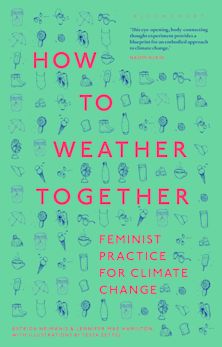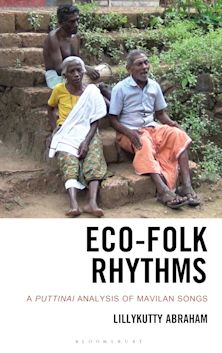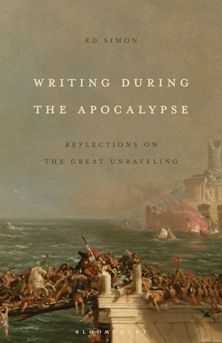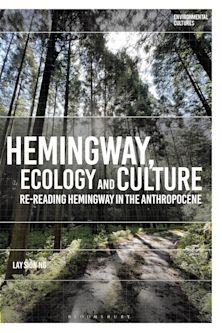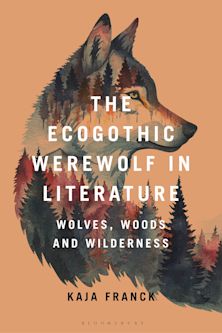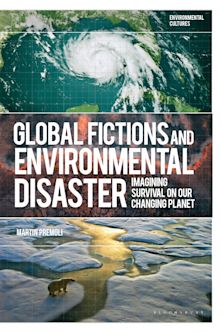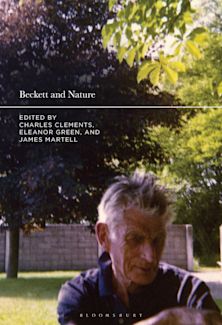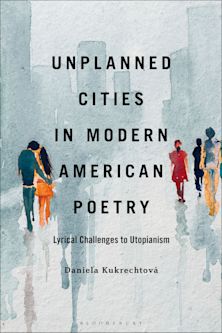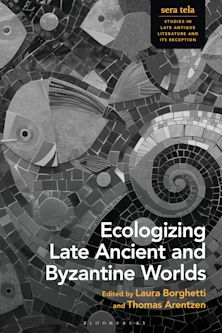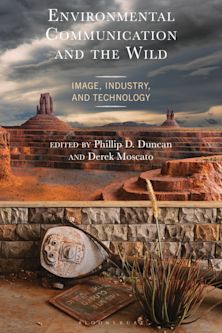Environmental Postcolonialism
A Literary Response
Environmental Postcolonialism
A Literary Response
This product is usually dispatched within 1 week
- Delivery and returns info
-
Free CA delivery on orders $40 or over
Description
A 2022 Choice Reviews Outstanding Academic Title
Environmental Postcolonialism: A Literary Response is an academic investigation of the environmental repercussions of colonial destruction. This volume addresses the complex interplay between postcolonialism and environmental discourse through literature produced in the ex-colonies. This literature is read from the standpoint of ex-colonies within their human and non-human context. The primary objective of this volume is to scrutinize environmental concerns in the light of postcolonial theory, and so it examines works of art from the twin perspective of eco-criticism and postcolonialism which illuminates and underscores how colonizers destroyed and interfered with both nature and culture. Through discussing the intersecting layers of ecocriticism and postcolonial criticism, the volume gestures to new directions and generates a hopeful vision of a decolonized world.
Table of Contents
Chapter 2: "Transformation is the Rule of Life": Environment and the Search for Utopia in The Hungry Tide by Suzy Woltmann
Chapter 3: Cultural Nationalism and Sacred Groves of Kerala by Anupama Nayar
Chapter 4: Politics, Oil and Theatre in Africa by Stephen Ogheneruro Okpadah
Chapter 5: Through the Postcolonial Lens: Reading the Environment in Narratives from India's North East by Kalpana Bora Barman
Chapter 6: “Aesthetics of Belonging”: Construction of a Postcolonial Landscape in Daud Kamal's Poetry by Humaira Riaz
Chapter 7: I am a Tree Leaning: Neo-colonialism, Eco-consciousness and the Decolonized Self in Margaret Atwood's Surfacing by Anik Sarkar
Chapter 8: For Appearances Must Deceive: Misreading the Environment in Days and Nights in the Forest and its Cinematic Adaptation by Chinmaya Lal Thakur
Chapter 9: Postcolonial Ecology and Representation: Exploring 'Ashani Sanket' as an Eco-Film by Neepa Sarkar
Chapter 10: Land, Labor, and Fa
Product details
| Published | Feb 08 2021 |
|---|---|
| Format | Hardback |
| Edition | 1st |
| Extent | 240 |
| ISBN | 9781793634566 |
| Imprint | Lexington Books |
| Dimensions | 229 x 161 mm |
| Series | Ecocritical Theory and Practice |
| Publisher | Bloomsbury Publishing |
Reviews

ONLINE RESOURCES
Bloomsbury Collections
This book is available on Bloomsbury Collections where your library has access.












